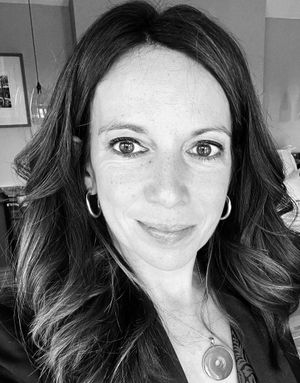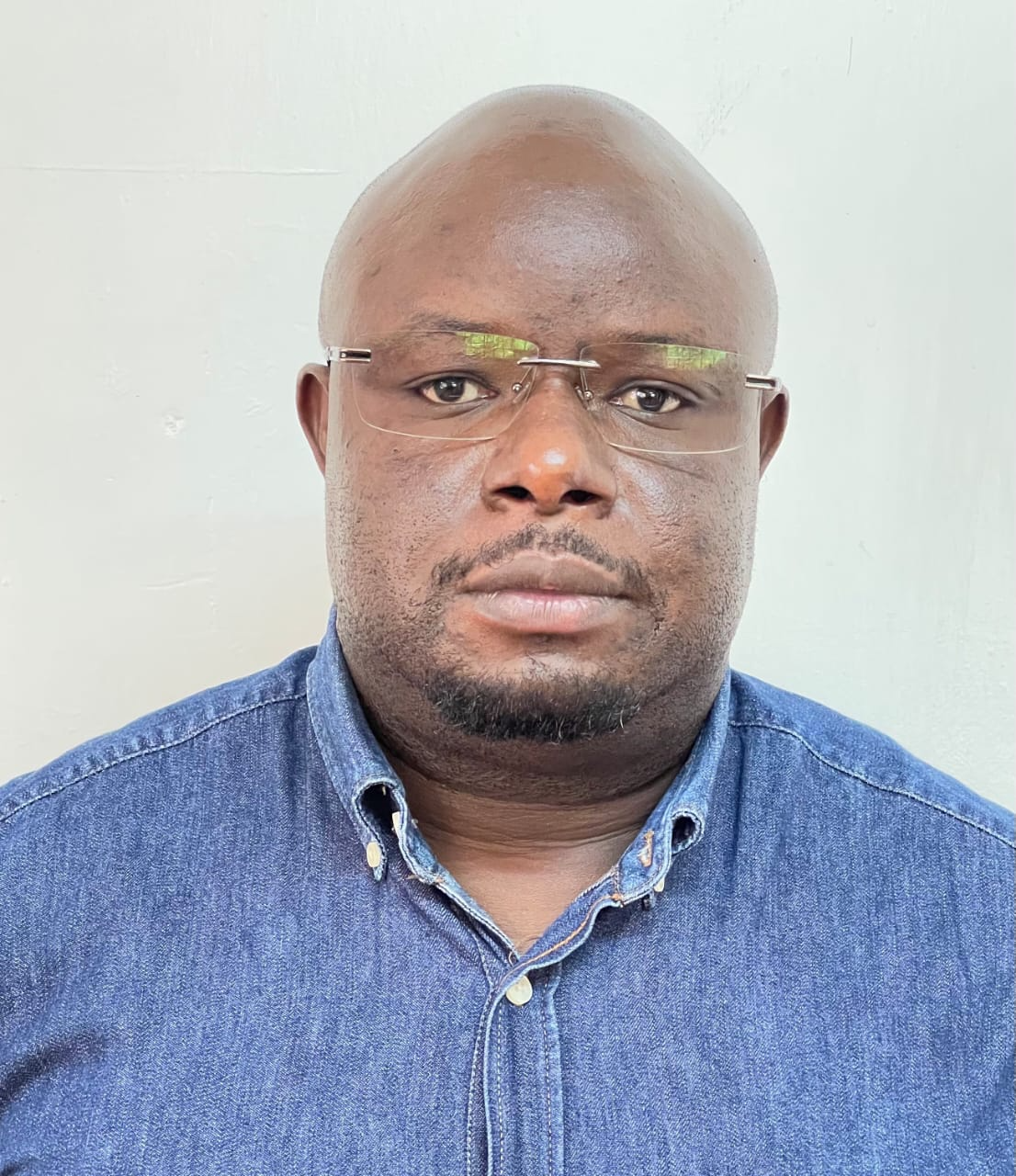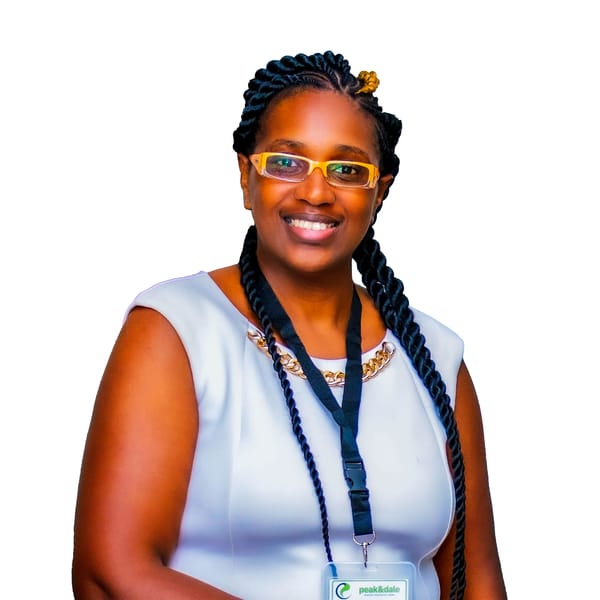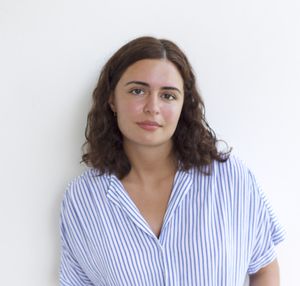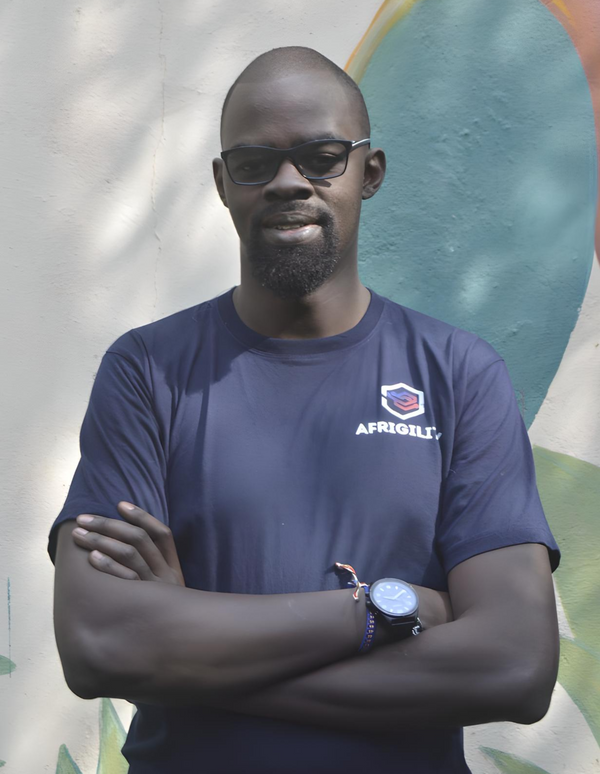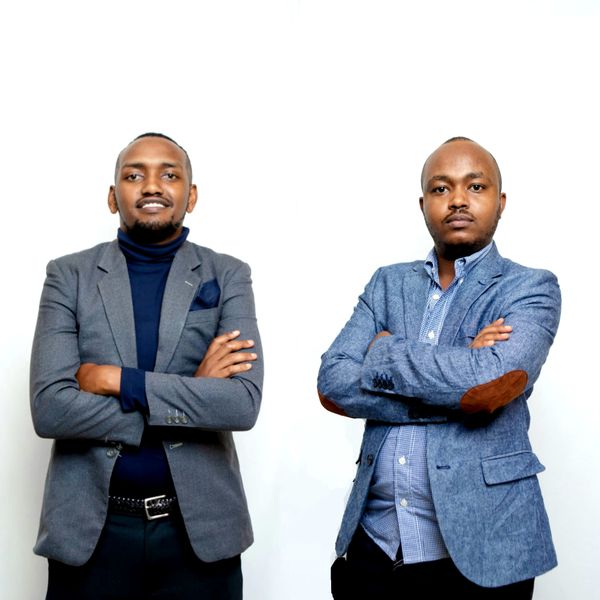Nairobi, Kenya
A trained veterinarian, Dr. Chris Silali spent several years working for NGOs in Kenya before jumping into entrepreneurship.
Recalling his early professional experience, he said, "We were trying to find the root causes of bottlenecks. I would commission detailed research fully to understand the issues and then design models for addressing those bottlenecks. I worked in this way for years across several sectors."
A latent entrepreneur, Dr. Silali realized that every bottleneck provided an opportunity for business growth. With his background in animal studies, he became interested in the livestock economy.
Dr. Silali had learned how advances in bovine genetics and artificial livestock breeding technology could reap incredible rewards for African farmers. However, these Western agricultural tech developments were not adopted in Kenya.
"I could see that only 28% of the 5.8 million dairy cattle in Kenya were receiving advanced breeding and animal health services and only 1% of the 21 million beef cattle were utilising similar technologies," he said.
Dr. Silali started to work out how to lift the barriers preventing broader penetration of these exciting developments.
Having partnered with a US company, ABS Global, to secure access to the technology in Kenya, Dr. Silali kicked off his entrepreneurial venture in 2017 using his own savings.
In its simplest form, his business, GenePlus, provides artificial insemination to enhance animal genetics and produce greater yields from dairy and beef cattle. They then supplement this with all-round nutrition and health care solutions for the animals. This transforms on-farm productivity, increases profitability, and builds sustainability.
Having started with a limited service using hired vehicles, which he could only lease for short periods, Dr. Silali soon found he needed to secure extra funding to broaden distribution.
Thanks to an accelerator programme run by E4I (Entrepreneurship for Impact) in Kenya, GenePlus secured a $100,000 loan from a Dutch firm, Iungo Capital. This enabled Dr. Silali to invest in a fleet of small vans to expand the business, giving GenePlus more presence in the market and the ability to work in areas for extended periods. Iungo Capital has since invested a further $310,000 in the business.
So, what is the appeal to investors?
Data to overcome doubters
Until recently, most African farmers focused on producing food to sustain their communities and not on driving revenues in the broader marketplace. As awareness grew of the potential to transform farms into more commercial enterprises, Dr. Silali realised farmers wanted to use their existing infrastructure to generate greater returns.
But investors weren't easy to convince. Dr. Silali's business idea was new and different. It's hard to build confidence in new technology, and initially, it was a lot for Kenyan farmers to take in. Again, he rose to this challenge.
"I used all my experience to design solutions that were both appropriate, but also easily accessible. If somebody has a bicycle and you want them to get on a plane, it's hard. It's a long way to jump from this to that. So, I built a story to enable people gradually to take steps up the ladder."
GenePlus needed data to prove to farmers that this was not some far-out scientific scheme. Having researched the technology extensively, Dr. Silali employed compelling facts to bring to life the benefits.
The change the technology can drive is astounding. Let's take animals used for beef. In Africa, on average, it will take seven years for an animal to mature, and their fully grown weight will be approximately 320 kilograms. In the West, animals take 24 months to mature and will hit roughly 700kg. African livestock could be transformed by genetically modifying the breeds used in Africa through artificial insemination.
The situation with dairy is similar. In Kenya, a dairy cow will produce 8 litres of milk per day on average. In other countries, the average is 40 litres. So, by developing more productive breeds, a farmer could vastly increase his milk yield with no extra cattle needed.
"I saw a huge transformation in productivity — with just one cycle of using improved breeding technology. Farmers were moving from a cow producing 5 litres to 15 litres per day," he recalls.
Each further cycle improved productivity. After three years, Dr. Silali had created a thriving business. Through working on successful breeding programmes with GenePlus, farmers soon began to realise that they could cross-breed animals to develop the optimum breed for their geography. GenePlus has now administered over 215,000 artificial insemination doses to cattle in Kenya.
Thinking big to expand the market
The initial success of GenePlus came in gaining a share of the 28% of dairy farmers already using genetic expertise to enhance their herds. However, Dr. Silali was clear that the genuine, explosive growth opportunity was in accessing the 72% of farmers yet to adopt these technologies.
To tap into this opportunity, he looked at where the bottlenecks were and realised that high temperatures in Kenya, coupled with a poor cold chain infrastructure due to a lack of liquid nitrogen distribution, were huge barriers. Without a cold supply chain, the semen for artificial insemination could not reach outlying communities.
Dr. Silali, therefore, worked tirelessly to identify a solution. Ultimately, he found what he was looking for with Linde Group, who now supply him with liquid nitrogen, enabling GenePlus to successfully get semen samples to all parts of the country in safe, chilled containers.
Currently, Linde Group supplies about 15 tons of liquid nitrogen per month, which provides a huge opportunity for GenePlus to access this untapped market sector.
Having solved the problem of getting the goods to the places where they were needed to drive his business's expansion, the next challenge was staffing. Without employing a crazy number of people across a vast countryside, how could Dr. Silali ensure that the cattle were adequately treated to ensure successful insemination?
Lateral thought provided the answer. Taking learnings from the Uber business model, Dr. Silali now employs a host of regional vets on a commission basis. Farmers book the treatments electronically via GenePlus, who then pay those delivering the treatment on a commission basis.
"It reduces the cost current services by 40%. If a service was for example $60, we are offering the same service for $33. And within that $33, we are also able to compensate the service provider handsomely," says Dr. Silali.
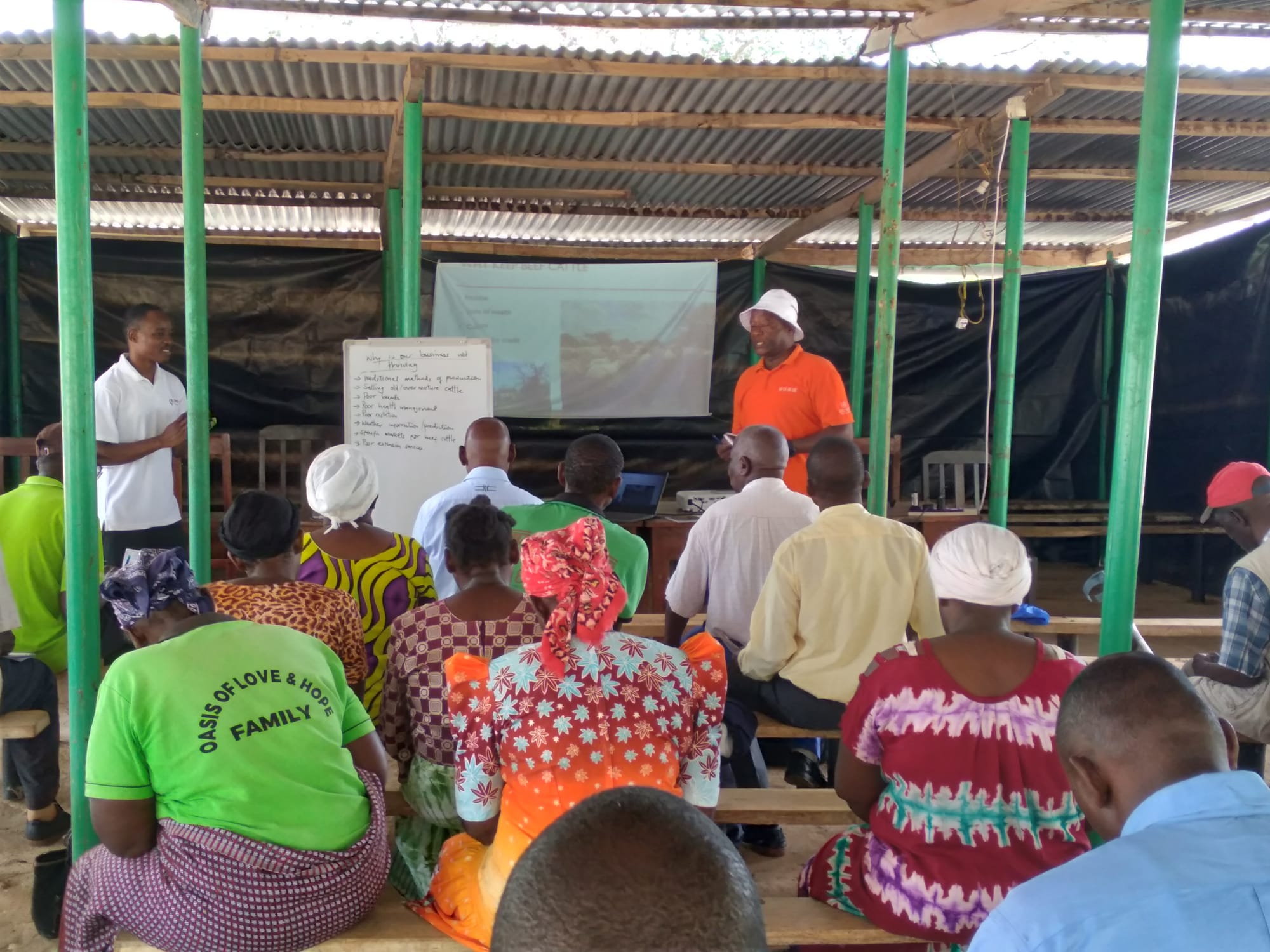
Progress for people and the planet
Dr. Silali calls his venture a Social Enterprise and is proud of what a difference this business will make to the people of Africa and its climate.
Driving greater yields and creating breeds that mature faster enables communities to become self-sufficient and provides a more sustainable business model for farmers.
These new breeds, which need to be reared for shorter periods and where fewer animals provide greater returns, also have positive environmental impacts.
"We think we can actually be a change maker on the continent because of the tools and the skill set we have. One of the solutions to climate change caused by agriculture in Africa is in increasing efficiency. By increasing efficiency, we will reduce the load of animals on the planet as fewer animals will produce more product."
Next challenge: A massive scale-up
Dr. Silali's success story is all about devising ways to overcome the many obstacles he has faced. More are still to be overcome as he seeks to increase the scale and impact of GenePlus.
Alongside the tricky high temperatures outlined above, the government is GenePlus's biggest competitor. Despite his endeavours to provide hugely positive, sustainable solutions for communities across the country, he has received nothing in terms of government funding and support.
Additionally, the infrastructure in Kenya is not equipped for the fast delivery of goods and services, so the lack of access to some communities hinders further expansion.
However, Dr. Silali is excited that these challenges mean few others have attempted to drive such a massive transformation. He has set his sights on a bold future state representing a step change in the size and scale of GenePlus and its impact on smallholders and farmers across the continent.
"We are very upbeat about our growth and growing influence in Africa. We see an opportunity to transform smallholder agricultural enterprises into commercially viable businesses as well as positively influencing the climate challenges and delivering a more sustainable use of natural resources to ensure a proper circular economy," he says.
His goal is to increase the adoption of these technologies from the current 28% to 50% of all dairy farmers in the next five years and, in so doing, to assist at least 300,000 households out of poverty through their agricultural enterprises.
I'm reminded of the famous quote by American author Terry Goodkind:
If the road is easy, you're likely going the wrong way.
Dr. Silali has undoubtedly not chosen the easy road. But it's good news for farmers in Kenya that, in facing every challenge head-on, his company GenePlus is poised to deliver a true transformation to agriculture in his homeland.
